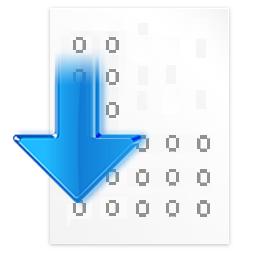In order to take advantage of AI solutions in endoscopy diagnostics, we must overcome the issue of limited annotations. These limitations are caused by the high privacy concerns in the medical field and the requirement of getting aid from experts for the time-consuming and costly medical data annotation process. In computer vision, image synthesis has made a significant contribution in recent years as a result of the progress of generative adversarial networks (GANs) and diffusion probabilistic models (DPM). Novel DPMs have outperformed GANs in text, image, and video generation tasks. Therefore, this study proposes a conditional DPM framework to generate synthetic GI polyp images conditioned on given generated segmentation masks. Our experimental results show that our system can generate an unlimited number of high-fidelity synthetic polyp images with the corresponding ground truth masks of polyps. To test the usefulness of the generated data, we trained binary image segmentation models to study the effect of using synthetic data. Results show that the best micro-imagewise IOU of 0.7751 was achieved from DeepLabv3+ when the training data consists of both real data and synthetic data. However, the results reflect that achieving good segmentation performance with synthetic data heavily depends on model architectures.
翻译:为了在内窥镜诊断中利用人工智能解决方案,我们必须克服有限的注释问题。这些限制是由于医学领域的高隐私问题以及需要专家协助进行耗时且昂贵的医学数据注释过程。在计算机视觉中,由于生成对抗网络(GANs)和扩散概率模型(DPM)的进展,图像合成近年来取得了显着进展。新颖的DPM在文本、图像和视频生成任务中的表现优于GAN。因此,本研究提出了一种有条件的DPM框架,以生成给定生成的分割掩码条件下的合成GI息肉图像。我们的实验结果表明,我们的系统可以生成无数高保真度的合成息肉图像和相应的正确掩码。为了测试生成数据的实用性,我们训练了二进制图像分割模型,以研究使用合成数据的效果。结果表明,当训练数据包括真实数据和合成数据时,使用DeepLabv3+的最佳微图IOU为0.7751。但是,结果表明,使用合成数据实现良好的分割性能严重依赖于模型架构。


